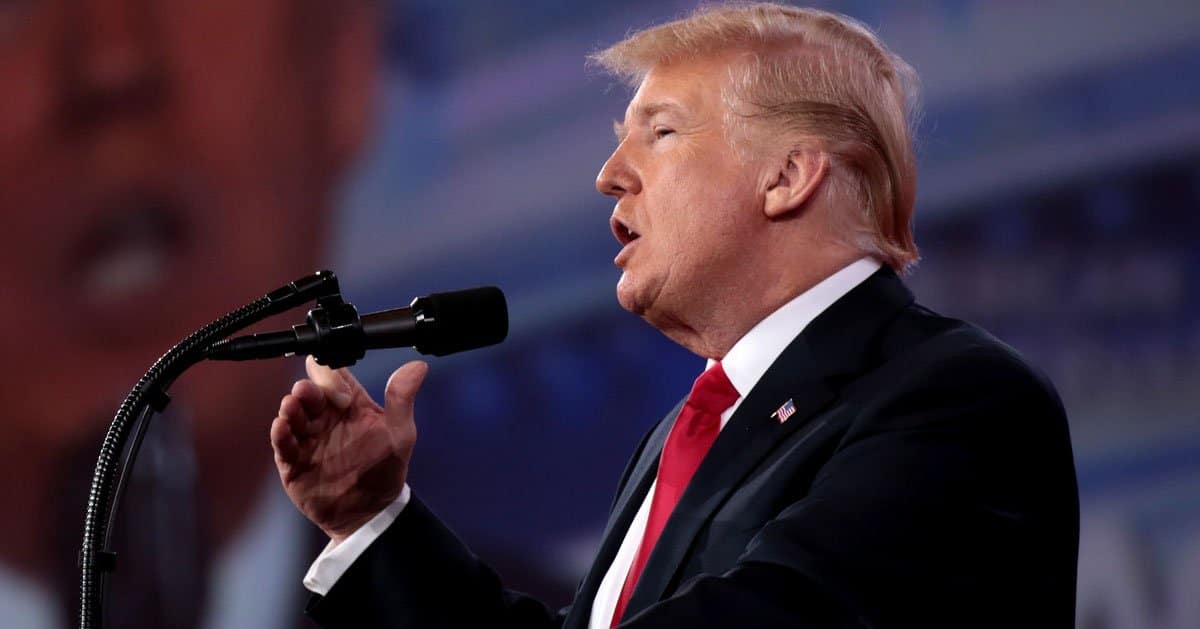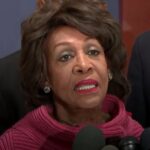






House Republicans, led by Oversight Chair James Comer, have initiated an investigation into Minnesota Governor Tim Walz’s ties to China as the 2024 elections approach.
Politico reported that the probe aims to scrutinize Walz’s past work and connections to China, raising concerns about his role as the Democratic vice-presidential candidate alongside Vice President Kamala Harris.
This investigation is part of a broader strategy by the GOP to highlight inconsistencies in Walz's public criticisms of China and his historical involvement with the country.
Comer announced the investigation on Friday, stating that Americans should be concerned about Governor Walz’s relationship with China.
The investigation will focus on Walz’s past activities, including his coordination of student trips to China and his visits to the country, which have occurred more than 30 times since 1989. According to Comer, the American people deserve to know the extent of Walz’s relationship with China.
In addition to launching the investigation, Comer sent a letter to FBI Director Christopher Wray requesting documents and correspondence related to Walz’s interactions with China.
The Oversight Chair emphasized the importance of transparency regarding Walz’s connections and any potential implications for U.S. national security.
Walz’s history with China dates back to 1989, when he first visited the country as part of a teach-abroad program. Since then, he has played a significant role in coordinating educational trips for students and maintaining a consistent engagement with China.
However, despite his extensive involvement, Walz has been vocal about his opposition to China's human rights record. During his time in Congress, he served on the Congressional-Executive Commission on China, where he advocated for human rights and democracy.
The GOP’s focus on Walz comes as part of their broader strategy for the upcoming November elections, where they seek to draw contrasts between their candidates and the Democratic ticket. Republicans have criticized Walz, arguing that his relationship with China contradicts his public statements and raises questions about his suitability as a vice-presidential candidate.
Comer’s investigation is not an isolated effort. In his role as chair of the House Oversight Committee, he has launched multiple investigations into Chinese entities, often targeting political opponents of the GOP.
Recently, Comer requested documents related to Vice President Kamala Harris’s work on the U.S.-Mexico border, further demonstrating the committee’s broad investigative agenda.
In response to the investigation, Teddy Tschann, a spokesperson for Walz, defended the governor’s record, stating that Walz has consistently stood up to the Chinese Communist Party (CCP) and fought for human rights and democracy.
Tschann accused Republicans of twisting facts and lying to distract from their own agenda, which he claims includes supporting dictators and outsourcing American jobs to China.
The Democratic members of the Oversight Committee have also criticized Comer’s investigation, labeling it a political stunt designed to aid former President Donald Trump. A spokesperson for the committee’s Democrats pointed out that Comer’s actions ignore Trump’s relationships with authoritarian leaders, including China’s Xi Jinping.
Comer’s leadership of the House Oversight Committee has been marked by a series of high-profile investigations into both domestic and international issues. His inquiries have often focused on China, a country that has become a focal point for GOP criticism.
These investigations align with the party's broader narrative of holding China accountable while scrutinizing the actions of Democratic officials.
Earlier this year, Comer co-led an impeachment inquiry into President Joe Biden, which centered on alleged corruption and abuse of power. However, the inquiry failed to gain sufficient support within the House, and efforts to impeach Biden have largely stalled. Nevertheless, Comer’s investigations continue to shape the political landscape, particularly as the 2024 elections draw near.
The investigation into Walz’s ties to China is likely to have significant political implications, particularly given his role as the Democratic vice-presidential candidate.
As the GOP intensifies its focus on China, Walz’s past connections to the country could become a key issue in the upcoming campaign. Republicans are expected to use the investigation to cast doubt on Walz’s credibility and to challenge the Democratic ticket’s stance on China.
However, Walz’s defenders argue that the investigation is a baseless attack aimed at weakening the Democratic campaign.
They contend that Walz’s record on China demonstrates his commitment to American values and his willingness to stand up to authoritarian regimes.

